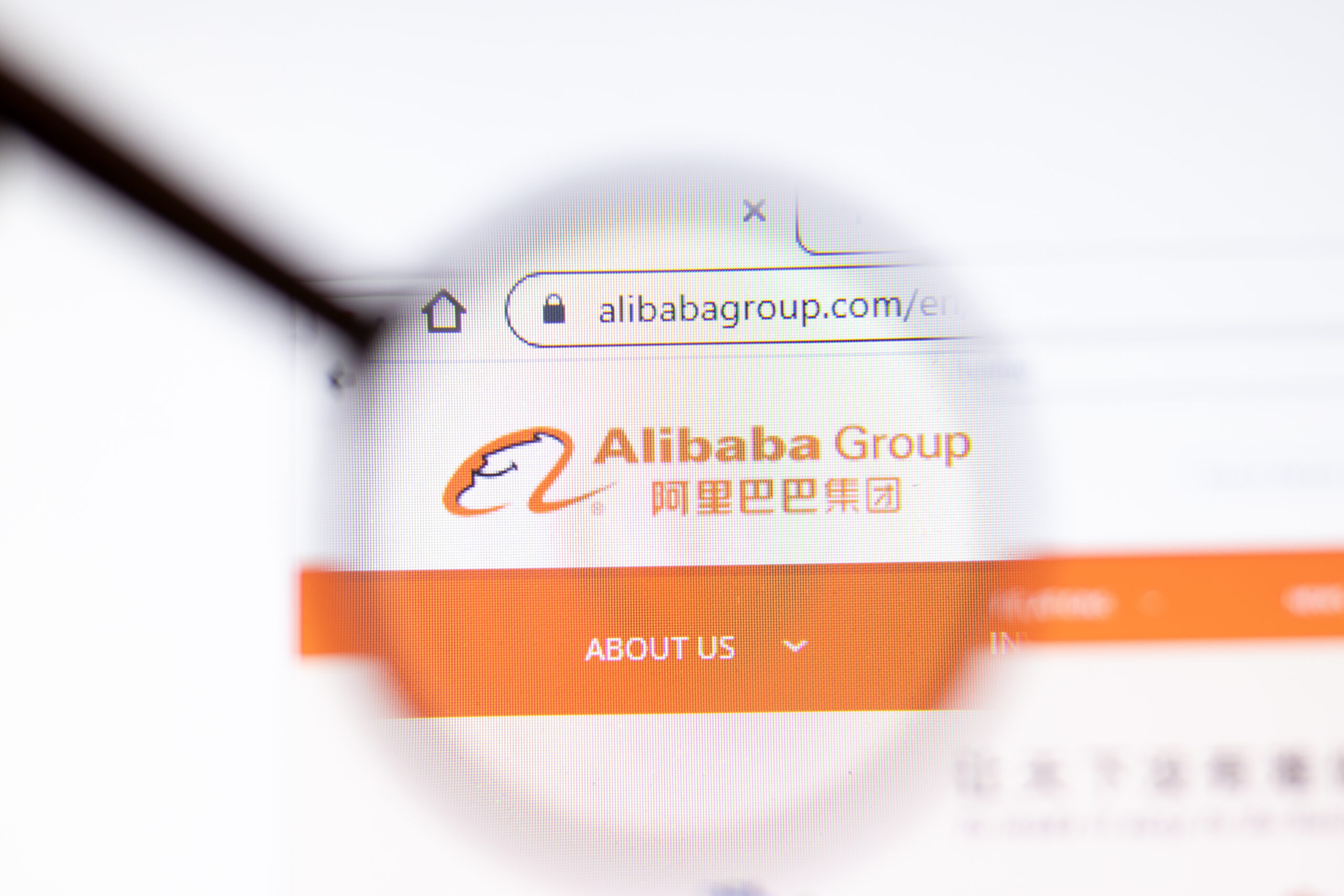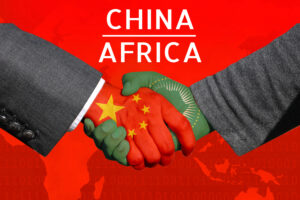Understanding regulatory shifts is crucial when handling a complex global business. Alibaba’s recent completion of its three-year antitrust rectification process signals a significant change in China’s approach to tech regulation. This development has far-reaching implications for companies operating in the Asia Pacific region and beyond. Grasp the nuances of this case to anticipate potential regulatory challenges in business endeavors. Examining Alibaba’s experience, gain valuable insights into how authorities are addressing monopolistic practices. Dive deep and learn what this means for the future of fair competition in the tech sector.
Alibaba Completes Three-Year Antitrust Rectification Process

Alibaba’s antitrust compliance journey has reached a significant milestone as the e-commerce giant successfully concludes its three-year rectification process. This development marks a pivotal moment in China’s regulatory landscape, showcasing the government’s commitment to fostering fair competition in the tech sector.
Rigorous Reforms and Compliance Measures
Throughout the rectification period, Alibaba implemented comprehensive reforms to address antitrust concerns. These measures included:
Eliminating exclusivity agreements with merchants
Enhancing data privacy protections
Improving algorithmic transparency
Restructuring certain business units
These changes demonstrate Alibaba’s dedication to aligning its practices with regulatory expectations and promoting a more equitable marketplace.
Implications for the Tech Industry
- Alibaba’s antitrust compliance status sets a precedent for other tech giants operating in the Asia Pacific region. It signals that even the most influential companies must adapt to evolving regulatory frameworks. This case underscores the importance of proactive compliance and the potential consequences of monopolistic practices in the digital economy.
As the dust settles on Alibaba’s antitrust saga, industry observers anticipate a shift in the competitive landscape. The company’s journey serves as a cautionary tale and a blueprint for navigating complex regulatory challenges in an era of increased scrutiny on big tech.
Background on Alibaba’s Antitrust Issues in China
The Rise of Alibaba and Regulatory Concerns Surrounding Antitrust
- Alibaba’s meteoric rise to become China’s e-commerce giant brought unprecedented success but also caught the attention of regulators. As the company’s influence grew, concerns about its market dominance and potential anti-competitive practices emerged. These issues culminated in the launch of an antitrust investigation, marking the beginning of Alibaba’s antitrust compliance journey.
Key Allegations and Regulatory Actions
- Chinese authorities accused Alibaba of engaging in monopolistic behaviors, including the controversial “choose one of two” practice. This tactic allegedly forced merchants to sell exclusively on Alibaba’s platforms, stifling competition. In response, regulators imposed a record $2.8 billion fine on the company in 2021, signaling a new era of tech regulation in China.
Alibaba’s Response and Compliance Efforts
- Following the antitrust probe, Alibaba initiated a comprehensive overhaul of its business practices. The company pledged to address regulatory concerns and implement stricter compliance measures. This process, which spanned three years, involved restructuring certain business units, modifying merchant policies, and enhancing internal governance structures. Alibaba’s antitrust compliance journey demonstrates the company’s commitment to aligning with China’s evolving regulatory landscape and serves as a cautionary tale for other tech giants operating in the region.
Key Changes Alibaba Made to Comply with Antitrust Regulations
To achieve Alibaba’s antitrust compliance complete status, the e-commerce giant implemented several significant changes to its business practices. These modifications were designed to address concerns raised by Chinese regulators and promote fair competition within the digital marketplace.
Exclusive Dealing Practices
- One of the primary issues Alibaba tackled was its exclusive dealing arrangements. The company eliminated the practice of forcing merchants to choose between its platform and those of competitors. This change allowed sellers to list their products on multiple platforms without fear of retribution, fostering a more open and competitive environment.
Algorithm Transparency
- Alibaba also made strides in improving the transparency of its recommendation algorithms. By providing clearer information on how products are ranked and promoted, the company aimed to create a level playing field for all merchants, regardless of their size or relationship with the platform.
Data Usage and Privacy
- To address concerns about data monopolization, Alibaba implemented stricter controls on data collection and usage. The company enhanced its privacy policies and gave users more control over their personal information, aligning with global best practices in data protection.
Investment Restructuring
- Alibaba divested from certain businesses and restructured its investment portfolio to reduce its market dominance in specific sectors. This move was crucial in demonstrating the company’s commitment to fostering healthy competition and avoiding monopolistic practices.
By implementing these changes, Alibaba has not only achieved regulatory compliance but also set a new standard for tech giants operating in the Asia Pacific region.
Broader Implications for Tech Giants in Asia Pacific Revolving Antitrust
Alibaba’s antitrust compliance completion sends ripples across the Asia Pacific tech landscape, signaling a new era of regulatory scrutiny. As the dust settles on this landmark case, other tech behemoths in the region are taking notice and reassessing their strategies.
Heightened Regulatory Vigilance on Antitrust
- The successful conclusion of Alibaba’s antitrust rectification process underscores Beijing’s commitment to fair competition. Tech giants operating in Asia Pacific must now navigate a more complex regulatory environment, where monopolistic practices face intense scrutiny. This shift demands a proactive approach to compliance and a willingness to adapt business models.
Redefining Market Dynamics
- Alibaba’s experience is reshaping market dynamics across the region. Companies are now incentivized to foster innovation and competition rather than relying on market dominance. This new paradigm could lead to a more diverse and vibrant tech ecosystem, benefiting consumers and smaller players alike.
Antitrust and Global Implications
- The ripple effects of Alibaba’s antitrust compliance extend beyond Asia Pacific. Global tech firms eyeing expansion in the region must now factor in stringent regulatory requirements. This case sets a precedent for how multinational corporations approach market entry and operations in emerging economies, potentially influencing regulatory frameworks worldwide.
What This Means for Alibaba’s Future Operations
Adapting to a New Antitrust Regulatory Landscape
- With Alibaba’s antitrust compliance complete, the tech giant must now navigate a transformed business environment. The company will need to reassess its strategies to ensure they align with the new regulatory expectations. This may involve restructuring certain business units, revising partnership agreements, or altering data-sharing practices to maintain compliance.
Focusing on Fair Competition
- Alibaba’s future operations will likely place a greater emphasis on fostering fair competition. This could mean providing more opportunities for smaller vendors on its platforms, implementing transparent pricing mechanisms, and avoiding exclusivity agreements that might be perceived as monopolistic. By prioritizing these aspects, Alibaba can demonstrate its commitment to operating within the bounds of antitrust regulations.
Balancing Growth and Compliance
- Moving forward, Alibaba will need to strike a delicate balance between pursuing growth and maintaining regulatory compliance. This may result in more measured expansion strategies and a heightened focus on sustainable, compliant business practices. The company might also invest more heavily in legal and compliance teams to ensure ongoing adherence to antitrust guidelines.
By completing its antitrust rectification, Alibaba has set a precedent for how tech giants can adapt to regulatory challenges in the Asia Pacific region. This experience will likely inform the company’s future decision-making processes, shaping a more cautious yet innovative approach to business expansion and market dominance.
In Summary
Understanding the implications of Alibaba’s antitrust compliance journey, it’s also crucial to recognize the shifting regulatory landscape in China and beyond. This case serves as a wake-up call for tech companies operating in the Asia Pacific region. Remain vigilant and proactive in addressing potential antitrust concerns. Learning from Alibaba’s experience, one can navigate the complex regulatory environment and adapt business strategies accordingly. As scrutiny of tech giants intensifies globally, staying ahead of compliance requirements will be essential for long-term success. The era of unfettered growth for tech companies is over; embracing responsible practices and fair competition is now paramount.
More Stories
CrowdStrike and Microsoft Unite to Harmonize Cyber Threat Attribution
CrowdStrike and Microsoft aim to harmonize the fragmented landscape of cyber threat attribution. Historically, varied naming conventions often muddled threat intelligence. This collaboration aims to standardize terminology.
Mozilla Deploys AI-Driven Shield to Combat Crypto-Stealing Firefox Extensions
The deployment of an AI-driven shield from Mozilla leverages automated risk assessment to scan wallet-related add-ons for potential threats.
Nokia Powers Next-Gen PON and Wi-Fi 7 Evolution
With the introduction of their co-existence network solution, advanced Wi-Fi 7 gateways, and a high-density 25G PON line card, Nokia empowers operators to meet the increasing demand for robust, high-capacity networks.
Perplexity Labs: Transforming Prompts into Dynamic Reports and Dashboards
As a professional in today’s fast-changing digital world, you need tools that go beyond traditional limitations. That’s where Perplexity Labs comes in—an innovative feature from Perplexity AI, available only to Pro subscribers. It turns your creative prompts into detailed reports, interactive dashboards, spreadsheets, and even full web applications.
Instagram Edits Empowers Creators with Pro-Level Mobile Video Tools
Instagram unveiled Edits, their groundbreaking mobile video editing app designed to elevate the quality of Reels and short-form videos to empower creators.
AI Synergy: Exabeam and Vectra AI Forge Unified Front Against Evolving Cyber Threats
The alliance between Exabeam and Vectra AI marks a major cybersecurity advancement. This strategic partnership merges top-tier technologies from both companies to enhance defenses against complex cyberattacks.


